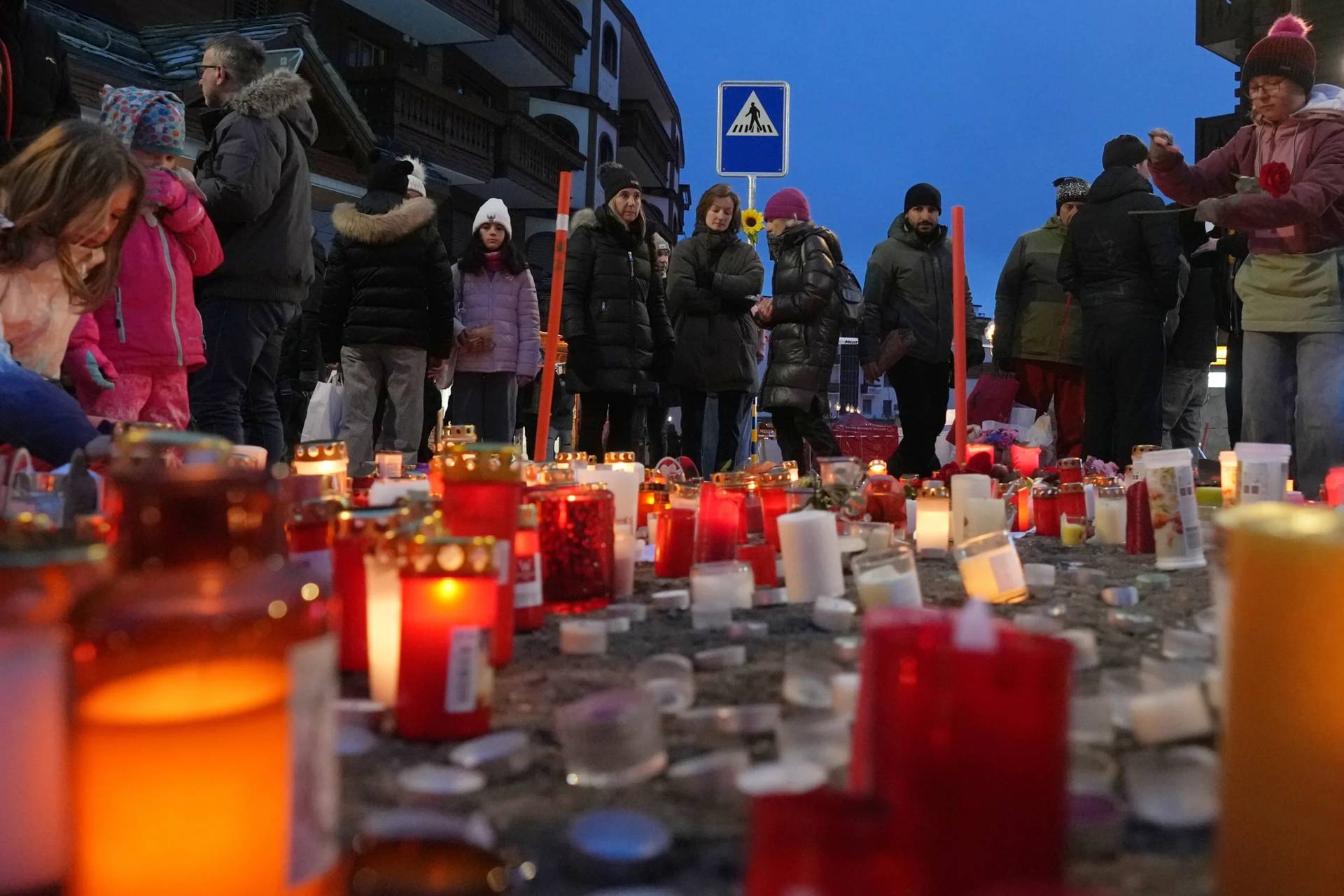TORONTO — Some small part of the revolution now on display in the streets of Minsk and other Belarusian cities may have begun in Catholic, rural Ireland in the 1990s. It was there that Belarus’s main opposition leader, who is currently in exile, visited for a month each summer for 10 years, when she was ages 12-22.
Between 1994 and 2004, Svetlana Tikhanovskaya was a guest of the Deane family in Roscrea, County Tipperary. The Deane family knew her as Sveyta, one of a small troop of Belarusian teenagers who came to their Irish home in the years after the 1986 Chernobyl nuclear power disaster. Like many Irish families 30 years ago, the Deanes hosted young people from the fallout zone for a month of fresh air and medical attention.
David Deane is now a professor at the Atlantic School of Theology in Halifax, Nova Scotia. He remembers Tikhanovskaya as a leader among the Belarusians.
“She thinks she’s not a leader. I think she is a leader. She’s a very different kind of leader,” Deane told The Catholic Register, Toronto, shortly after 37-year-old Tikhanovskaya fled Belarus to join her two children in Lithuania, following the Belarus election that returned Alexander Lukashenko to power. The Aug. 9 election is widely viewed as neither a fair nor free election. Tikhanovskaya’s husband remains in jail in Belarus.
Deane said the Tikhanovskaya form of leadership is based not on power, politics or economics, but on compassion.
“She became a leader by virtue of being the first port of call as the years went by for younger kids who were homesick,” Deane recalled. “If there was a family 15 miles away from our house who had a homesick child, they would bring the homesick child to our house so that Sveyta could nurture the kid, could translate for them, could help them. Her compassion and care and leadership in helping the younger children was, I think, how she differentiated herself as a leader.”
Tikhanovskaya’s style represents a major, cultural break with the tradition of Lukashenko, who has ruled Belarus for 26 years, said Aurel Braun, University of Toronto expert in post-communist European, Russian and Eurasian affairs. Lukashenko claims he picked up just over 80% of votes cast in the disputed election. On Aug. 19, the European Union endorsed sanctions on Belarus as protests against Lukashenko gathered steam in the former Soviet republic.
“The people of Belarus are tired of Lukashenko,” Braun said. “The election was fraudulent. It had to be fraudulent because he would have lost otherwise.”
From a church perspective, a democratic, peaceful transition to a new kind of politics would be precisely what Catholic social teaching demands, said Deane. Pope Francis has also called for peace in the nation of less than 10 million.
Like many post-communist countries, Belarus is largely atheist or indifferent to religion. The nearly 50 percent who are counted as Orthodox Christians are not reflected in church attendance. Less than 10 percent of Belarusians are Catholic, and many are of Polish or Ukrainian extraction.
Minsk Archbishop Tadeusz Kondrusiewicz has decried the violence of the police crackdown on thousands of protesters.
“The beating of peaceful demonstrators who want to know the truth, their cruel treatment and inhumane detention, is a grave sin on the conscience of those who give criminal orders and commit violence,” he said in a message to government authorities.
Though Tikhanovskaya and the other young Belarusians who visited the Deanes over the years would have gone to Sunday morning Mass with the family, Deane is very cautious about drawing any direct connection between Tikhanovskaya’s exposure to religion in Ireland and her politics today. Rather, Deane believes the young Sveyta absorbed a kind of cultural Catholicism, particularly as the future English teacher strengthened her second language.
“When she speaks English, she speaks English the way rural Irish people would have spoken it (30 years ago),” Deane observed. “To hope would be ‘Please God’ and thanks would be ‘Thank God.’ When speaking English, it’s peppered with references to God because of the place she learned it.”
Tikhanovskaya also learned in Ireland that you could live life with a certain openness and generosity. The whole town of Roscrea used to rally behind the annual Belarusian visitors, making sure the young visitors did not have to pay for treats at the corner store or could go to the local swimming pool for free. Deane said the community donated ridiculous amounts of food for an annual barbecue his family held for the Belarusians.
“There was a basic level of decency, which just permeated everything at that time.”
Being a woman with experience in the West is not necessarily a political advantage for Tikhanovskaya, said Braun.
“She brings a degree of cosmopolitanism to (a country with) a very provincial approach — male chauvinistic, provincial approach. It is rejected. She studied abroad. She is someone who has visited abroad, who has been — in the eyes of Lukashenko — contaminated by Western culture,” said Braun.
In the end, the values Tikhanovskaya represents are simply more persuasive and universal than the fear-based politics of Lukashenko’s generation, said Braun.
“The Lukashenko regime will eventually collapse,” he said. Tikhanovskaya “fought for human rights and dignity. The fact that she is a woman; the fact that she is willing to challenge (Lukashenko); the fact that she as a child spent year after year in Ireland made it all the more of an uphill battle. But it also made her a person of extraordinary courage, of remarkable tenacity.”
Deane’s family has maintained contact with Tikhanovskaya over the years, though it’s a connection that has had to take a back seat while Tikhanovskaya campaigned for change in Belarus.
Swan is associate editor of The Catholic Register.















